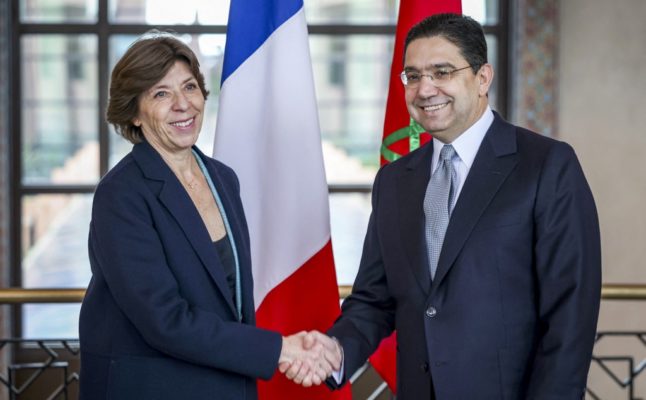Speaking in Rabat alongside her Moroccan counterpart Nasser Bourita, French Foreign Minister Catherine Colonna said it was time to “write a new page together”.
The two countries have been at loggerheads since September 2021, when Paris halved its visa quota for Moroccans in retaliation for the kingdom’s alleged refusal to repatriate citizens living as irregular migrants in France.
The move sparked widespread public anger in Morocco and was labeled as “unjustified” by Rabat.
But Colonna said the countries had returned to “full consular cooperation” since Monday.
French Interior Minister Gerald Darmanin was expected to arrive in Morocco’s neighbour Algeria on Friday to discuss similar visa issues.
Macron and Morocco’s King Mohammed VI spoke by phone on Wednesday night after their countries’ dramatic World Cup semi final clash in Qatar which France won 2-0.
Asked about the spiky issue of the Western Sahara, the two ministers played down any tensions.
Morocco sees the desert region as part of its territory, but the Algerian-backed Polisario movement seeks an independent state.
King Mohammed reiterated in August that “the Sahara issue is the prism through which Morocco views its international environment”, demanding that governments “clarify” their position on the subject.
But Colonna said Friday that the kingdom could “count on France’s backing”.
Bourita added that Morocco had “never seen France’s position (on the Western Sahara) as negative”.



 Please whitelist us to continue reading.
Please whitelist us to continue reading.
Member comments